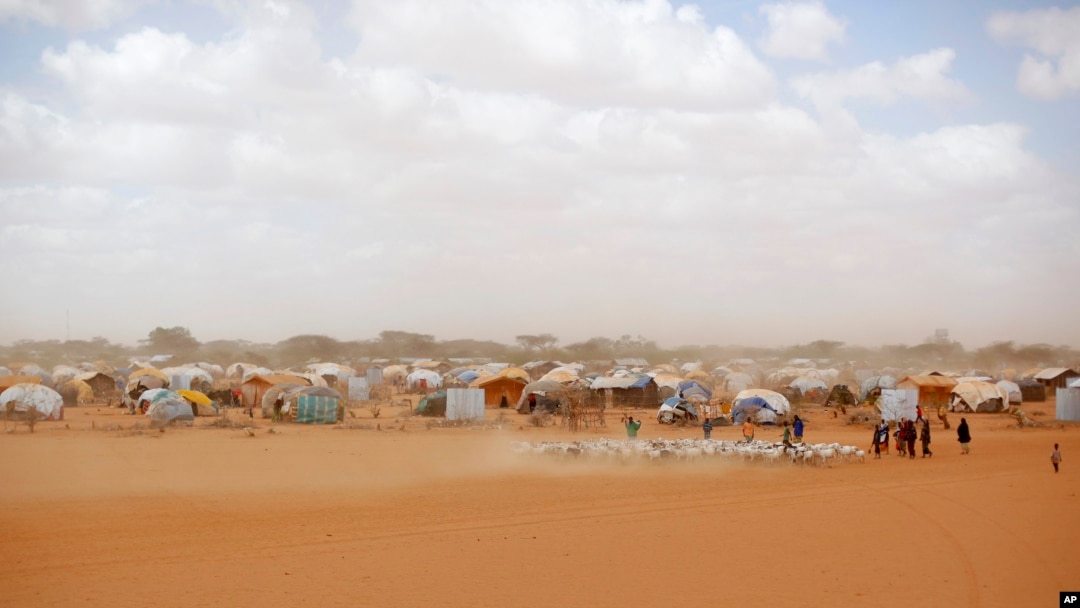MSF, popularly known as Doctors Without Borders, told a news conference Tuesday that a cholera outbreak the Dadaab camp is approaching epidemic proportions and that urgent attention in the areas of water and sanitation is needed.
"The humanitarian conditions there are already at its limit. An outbreak like cholera, like measles, is literally the last stroke that will bring it to the breaking point," Dr. Nitya Udayraj, MSF’s medical coordinator, said. "Which is why today we want to bring focus that the humanitarian situation is already precarious.... We would like to bring attention that after six months, the outbreak is still continuing. It is not normal."
The cholera outbreak hit East Africa’s largest refugee camp last November. At least five people have died since then. The Dadaab complex in Kenya's northeastern region is home to over 300,000 refugees, most from neighboring Somalia.
Their numbers have exceeded capacity due to the extended drought in Somalia. At least 67,000 more refugees arrived in the camp last year, according to national data, putting pressure on already limited resources.
MSF's country director Hassan Maiyaki said sanitary conditions are dire.
"Today, according to humanitarian organizations working in the camps, almost half of the camp population has no access to functional latrines, leading to open defecation in and around the camp, which raises the risk of disease outbreaks."
Kenya's Ministry of Health conducted cholera vaccinations at the camp, but the doctors say curbing the outbreak remains elusive without sanitation and hygiene intervention.
In 2016, the Kenyan government had announced plans to close down the Dadaab camps, citing insecurity because of reports that extremists from Somalia’s al-Shabab group were hiding there and the camps being a conduit for smuggling weapons.
The United Nations urged Kenya to reconsider that plan and continue to offer refuge to victims of violence and trauma.
The discussion on the closure has since then been on and off, with several ultimatums given to the U.N refugee agency, UNHCR, the latest being in 2021.
Some information in the report came from the Associated Press.


